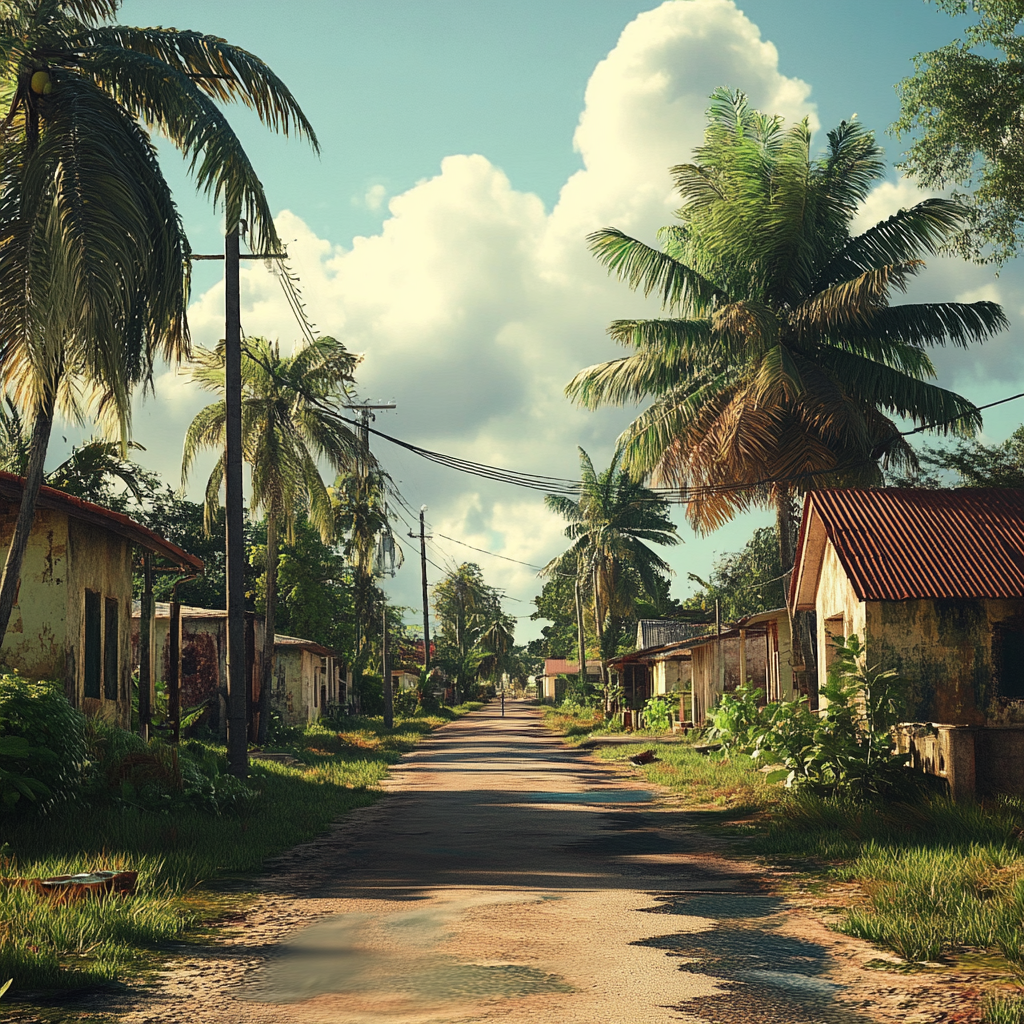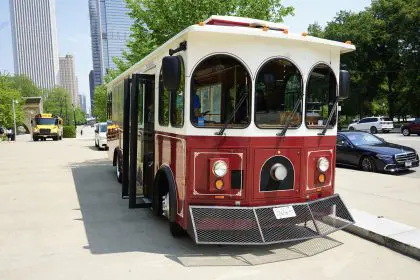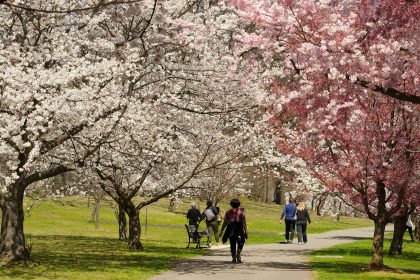The transformation of sites of profound tragedy into spaces of reflection and education has long sparked intense debate within communities still grappling with historical trauma. Now, according to Travel Noire, Guyana stands at such a crossroads as it contemplates converting the Jonestown massacre site into a tourist destination – a decision that forces us to confront complex questions about memory, healing and the commodification of painful histories.
The weight of history
Deep in Guyana’s northwestern region, the former Peoples Temple Agricultural Project site has remained largely untouched since Nov. 18, 1978. On that fateful day, more than 900 people — predominantly African Americans seeking racial equality and social justice — lost their lives in what began as a utopian dream but ended in unimaginable horror. The tragic events sent shockwaves through communities across the United States, particularly devastating families who had watched loved ones follow Jim Jones’ teachings in search of a better life.
For decades, the site has stood as a silent memorial, its overgrown paths and deteriorating structures bearing witness to the largest loss of American civilian life in a deliberate act until Sept. 11, 2001. The jungle’s steady reclamation of the land seems to mirror many survivors’ desire to let nature gradually erase the physical reminders of that devastating day.
Reimagining sacred ground
The Guyanese government’s consideration of transforming Jonestown into a tourist attraction represents a significant shift in how the nation views its relationship with this dark chapter of history. The proposed development would include educational centers, guided tours and memorial spaces designed to provide historical context while honoring the lives lost.
Tourism officials argue that creating a structured space for learning and reflection could help prevent similar tragedies by educating visitors about the dangers of manipulation and the importance of maintaining independent thought. They point to successful examples of “dark tourism” sites worldwide, where places of profound tragedy have been transformed into powerful educational tools.
However, this initiative raises pressing questions about who has the right to tell this story and how it should be told. The narrative of Jonestown is inextricably linked to themes of racial inequality, social justice and the exploitation of marginalized communities — themes that continue to resonate deeply today.
Beyond the business case
While tourism development could bring economic benefits to Guyana, the conversation extends far beyond financial considerations. The proposition forces us to examine how societies memorialize tragic events while respecting the dignity of those who suffered. The challenge lies in creating a space that serves both as a warning about the dangers of unchecked authority and as a tribute to those who lost their lives pursuing a dream of racial equality and social justice.
The transformation of other historical sites offers both cautionary tales and potential blueprints. Rwanda’s genocide memorials, for instance, demonstrate how places of profound tragedy can become powerful educational tools while maintaining their somber dignity. These sites prioritize historical accuracy and cultural sensitivity over commercial interests, creating spaces that encourage reflection rather than spectacle.
Preserving dignity in remembrance
Any development of the Jonestown site must navigate complex cultural and ethical considerations. The story of Peoples Temple speaks to deeper historical patterns of displacement, discrimination and the search for belonging — themes that continue to resonate with contemporary struggles for social justice and equality.
The proposed tourist attraction raises questions about representation and narrative control. Who decides how this story is told? How can the site honor the complex motivations that drew people to Peoples Temple while acknowledging the tragedy that followed? These questions become particularly significant given that many who died were seeking escape from systematic oppression and racism in their home country.
Moving forward with intention
As Guyana considers this sensitive undertaking, several crucial factors demand attention. The development must prioritize historical accuracy and cultural sensitivity over commercial appeal. Any educational programming should examine the broader social and historical context that made Peoples Temple’s message so appealing to its members, particularly those from marginalized communities.
The site’s development should involve continuous consultation with survivors, families of the deceased and cultural historians to ensure respectful representation. This approach would help create a space that serves not just as a historical marker but as a platform for dialogue about contemporary social justice issues.
A path toward healing
The transformation of Jonestown from an overgrown memorial to an educational destination represents more than a tourism development project; it’s an opportunity to address historical trauma through education and remembrance. However, success will require careful consideration of how to honor the victims while creating meaningful learning experiences for visitors.
As discussions continue, the focus must remain on creating a space that promotes understanding, fosters healing and ensures that future generations learn from this tragic chapter in history. The decision to develop Jonestown as a tourist site may be controversial, but with proper execution, it could serve as a powerful reminder of the importance of maintaining individual agency while fighting for social justice and equality.
This delicate balancing act between remembrance and education will ultimately determine whether Jonestown can transform from a site of tragedy into a beacon of learning and healing for future generations.















